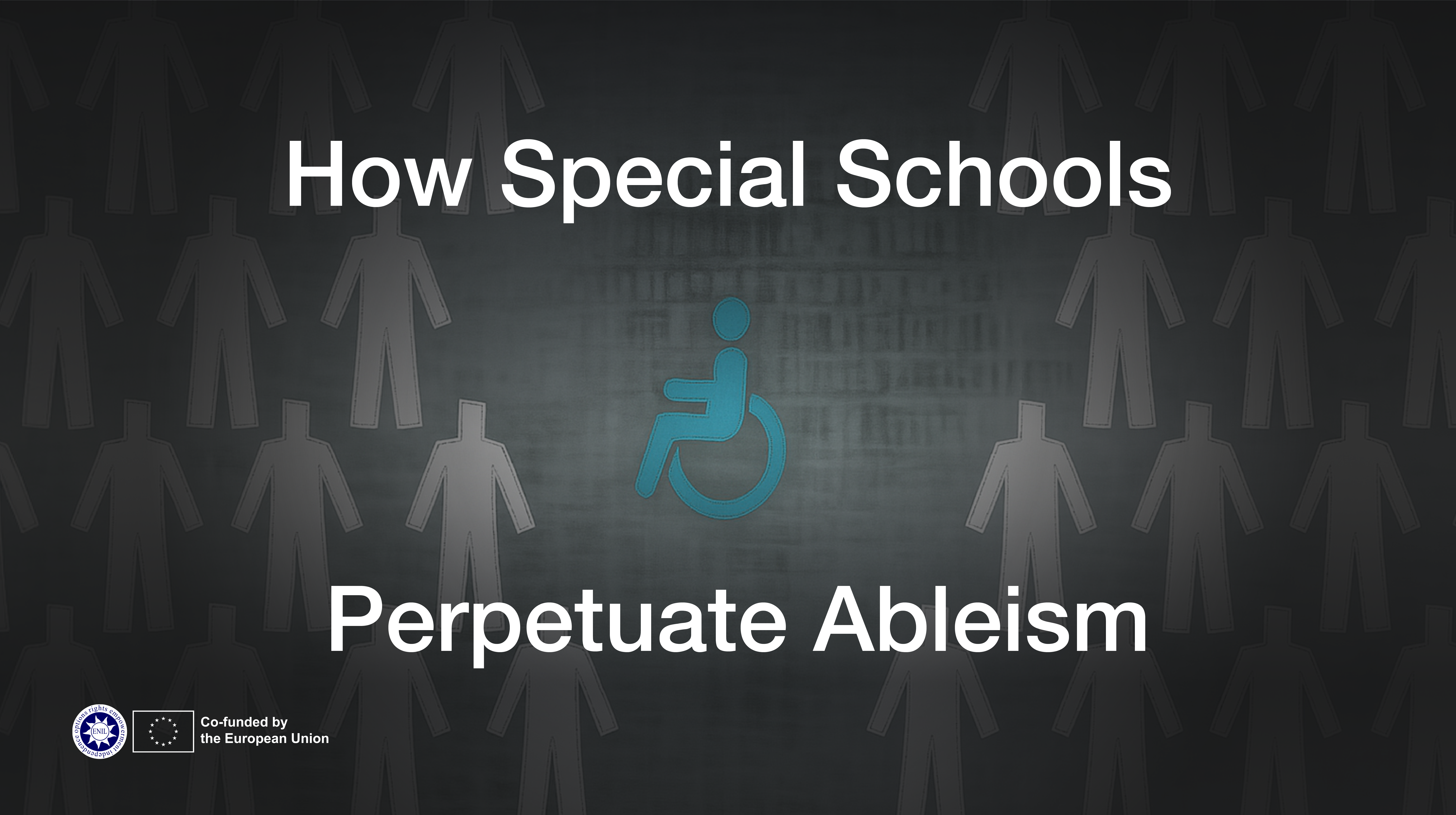Not sure which book(s) to read this summer? Well, with our team, we’ve organized a reading list around topics such as independent living, disability rights and human rights.
We hope you’ll find what you’re looking for!
Recommendations from Kamil Goungor:
Sense of the World: How a Blind Man Became History’s Greatest Traveller – Jason Roberts
When we think of summer which words come to mind? Vacation, sun, beach, travelling are among them, right? Recently I was thinking about the last one and I remembered about James Holman (1786 – 1857), known as the “Blind Traveller”, or, according to others, one of the greatest travellers in the history. And if you read the book “Sense of the World” by Jason Roberts -which is much more exciting that one would expect- you will realise that this statement is not an exaggeration at all. You will learn that in an era in which travelling was not as easy as today, and some places were quite challenging to go, there was a guy (that happened also to be “completely blind and experiencing pain and limited mobility”) that went there, and was among the first in the history to circumnavigate the globe, being an inspiration to Charles Darwin, among others. Fully recommend it!
Hawking Hawking: The Selling of a Scientific Celebrity – Charles Seife
There are many books out there written either by Stephen Hawking, about science, or by others, about him. There is also the “Hawking Hawking” by Charles Seife, which is about him and science. And you need to know that before you read it, in case you expect just a biography. It’s much more and in many cases it gets quite technical, so be ready. Another unique element is that the timeline was reversed, so we go from the last years of the life of Stephen Hawking back to his first successes, his university years and then to his childhood. Seems confusing but the flow is good and personally I didn’t struggle with it. And the final thing you might want to know is that the book is quite controversial in the way it portrays Hawking, focusing a lot -maybe too much- on his celebrity side, but I will not spoil more. I will just tell you that apparently it was an unauthorised biography and Hawking’s family was not that excited about it. However, I still find it a very interesting read and recommend it!
Recommendations from Rita Crespo Fernandez:
Invisible Women, by Caroline Criado Perez
In a world where masculinity, whiteness, ability and heterosexuality are the norm, what do we know about those that do not fit in these boxes? “Invisible women”, by Caroline Criado Perez, is a book about the gender data gap, which shows how the world is biased towards men. As the author explains, “the result of this deeply male-dominated culture is that the male experience, the male perspective, has come to be seen as universal, while the female experience -that of half the global population, after all- is seen as, well, niche.” While “Invisible women” does not specifically focus on disabled women, it is an interesting book to understand data biases and normativity, and the real impact they have in our lives.
Mrs. Dalloway, by Virginia Woolf
Virginia Woolf was a survivor of psychiatry, and was institutionalized several times throughout her life, in hospitals and at her own home. It is probably her lived experience that informs the description of mental illness in one of her most famous novels, “Mrs. Dalloway”. One of the characters, Septimus, is experiencing “shell shock” – what we would nowadays call post-traumatic stress disorder- after fighting in World War I. But what is interesting about the portrayal of Septimus is the criticism of the medical discourse. Septimus is pressured to overcome his illness and is seen as a burden to this wife, and he is told both that there is nothing wrong with him and that he needs to be institutionalized. I recommend this book as an early representation of post-traumatic stress disorder, and a portrayal of the failed medical model that still lives today.
Trigger warning: Mrs. Dalloway depicts suicide
Recommendations from Michael Goossens
Disability Visibility: First-person stories from the twenty-first century – Alice Wong
The presence of an individual in a space where one is a minority and not expected, is already a form of resistance. Taking up space as a Disabled Person is in fact a political act. In this book, Alice Wong has brought together different stories of Disabled People in all the complexity of their diversity and experience. I’m a great believer in the power of testimonials, and it turns out this book is full of them. I haven’t finished it yet, so if you start it this summer, we might just read it at the same time!
“Storytelling can be more than a blog post, essay, or book. It can be an emoji, a meme, a selfie, or a tweet. It can become a movement for social change.” – Alice Wong, Disability Visibility: First-Person Stories from the Twenty-first Century



